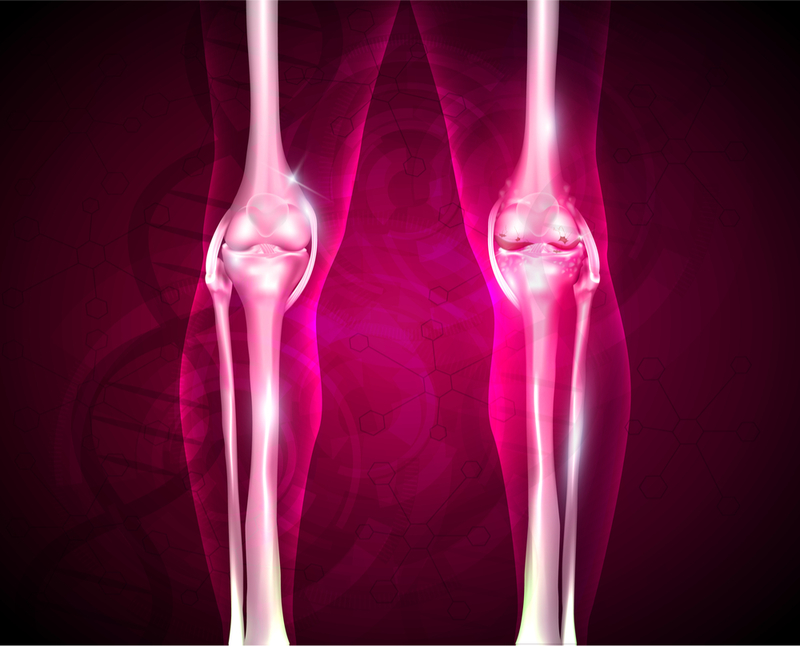Nine new osteoarthritis genes discovered
IANS Mar 21, 2018
A study has recently led to the discovery of nine new genes associated with osteoarthritis, five out of which differ significantly in their expression, and could serve as potential therapeutic targets for further research.

Researchers have discovered nine novel genes for osteoarthritis that may open the door to new targeted therapies for this debilitating disease in the future. Of the nine genes associated with osteoarthritis, researchers identified five genes in particular that differed significantly in their expression in healthy and diseased tissue. The five genes present novel targets for future research into therapies, the researcher said.
According to the researchers, there is no treatment for osteoarthritis. The disease is managed with pain relief and culminates in joint replacement surgery, which has variable outcomes. "These results are an important step towards understanding the genetic causes of osteoarthritis and take us closer to uncovering the mechanism behind the disease," said co-author of the study, Eleni Zengini from the University of Sheffield.
For the study, published in the journal Nature Genetics, researchers investigated the genetics behind osteoarthritis, as well as the diseases and traits that are linked to it. The team studied 16.5 million DNA variations. Following combined analysis in up to 30,727 people with osteoarthritis and nearly 300,000 people without osteoarthritis in total -- the controls -- scientists discovered nine new genes that were associated with osteoarthritis. The researchers then investigated the role of the nine new genes in osteoarthritis, by studying both normal cartilage and diseased cartilage from individuals who had a joint replacement.
The team looked for genes that were active in the progression of the disease by extracting the relevant cells from healthy and diseased tissue, studying the levels of proteins in the tissue and sequencing the RNA -- the messenger that carries instructions from DNA for controlling the production of proteins.
-
Exclusive Write-ups & Webinars by KOLs
-
Daily Quiz by specialty
-
Paid Market Research Surveys
-
Case discussions, News & Journals' summaries